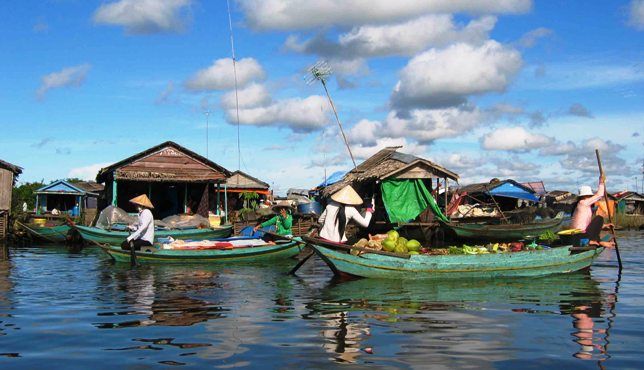Natural disasters is inevitable natural phenomena that could occur in any part of the world. Natural disaster would be a catastrophic natural phenomenon when it struck an area that occupied by human. The UNISDR recorded 346 disasters happen around the world in 2015 and the most affected continent was Asia. According to the report, nearly half of the total death in 2018 caused by disasters in Indonesia
Indonesia is identified as one of the world’s most prone areas of natural disasters since it is surrounded by three big tectonic plate which are Australia plate, pacific plate, and Eurasia plate. Indonesia geographical location has made the country prone to multiple hazards, including flooding, earthquakes, landslides, tsunami, volcano, and cyclone.
Disaster not only happen in the mountain area but also around the coast. Tsunami is one of disasters that often occur in coastal area. The deadly tsunami that has recently happen in Indonesia strike Sulawesi on September and followed by Sunda strait tsunami in December 2018. The news even stated that 2018 was a tumultuous year for Indonesia. Tsunami is one type of disaster that need a serious attention especially for the coastal communities. Since disasters not only could bring a devastated impact economically but also socially and psychologically. Infrastructure, houses, building, and industry damage are among negative impact of disaster for the economy.
Research on impact of disasters for children has found that there are several psychological
problem that arises after a disasters event such as avoidance, angry, behavioral changes, physical
complaints, regression and PTSD. Psychologically preparing the individual to successfully manage a disaster situation or disaster impact, and to cope with psychological distress resulted from disaster is vital to reduce the destructive effect of disaster on people wellbeing. However, according to Zulch, researchers are giving a less attention for psychologically preparing individual to face disasters. There seems to be an absence of psychological preparedness in disaster preparedness theory and practice. Aimed of this research is to identify the construct of psychological preparedness for disaster in the coastal community’s context and the measurement tools that are available.
The main study’s results also show that there are currently no clear and comprehensive concept of psychological preparedness for disaster of coastal community and related tools to evaluate it. Beside of that, the definition of psychological preparedness was varied, the measurement tools that are available were either in the general context or in a bushfire specific context.
Author: Listyati Setyo Palupi
Details of the article can be viewed at: https://iopscience.iop.org/article/10.1088/1755-1315/649/1/012032





